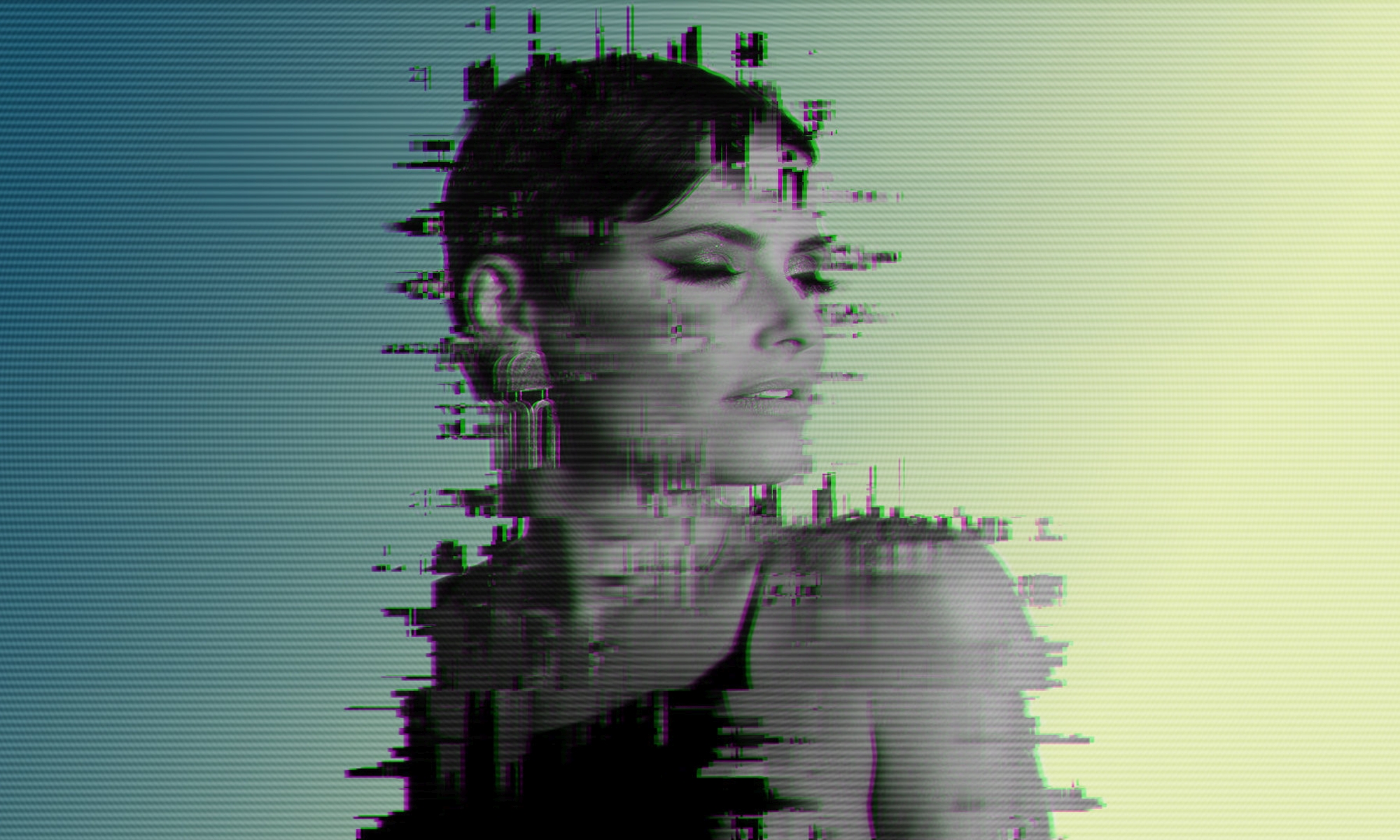“Beauty and the Beast” is a classic fairy tale that has been retold and adapted in various forms over the centuries. Here’s a comprehensive look at the story and its various adaptations:
The Original Fairy Tale
- Origins: The earliest known version of “Beauty and the Beast” was written by French novelist Gabrielle-Suzanne Barbot de Villeneuve in 1740. Her version was quite lengthy and complex.
- Popular Version: A simplified version by Jeanne-Marie Leprince de Beaumont was published in 1756, which is the version most commonly known today. This version focuses on the moral lessons and character development.
Plot Summary
- Introduction: A wealthy merchant loses his fortune and moves to the countryside with his children. His youngest daughter, Belle (Beauty), is known for her kindness and beauty.
- The Beast: The merchant stumbles upon a mysterious castle while seeking shelter. He plucks a rose for Belle, angering the castle’s inhabitant, the Beast, who demands the merchant’s life in exchange or the presence of one of his daughters.
- Belle’s Sacrifice: Belle volunteers to take her father’s place and goes to live with the Beast.
- Life in the Castle: Belle discovers that the Beast, despite his fearsome appearance, is kind and generous. They develop a deep bond.
- The Spell: It is revealed that the Beast is a prince cursed to live as a monster until he can find someone to love him despite his appearance.
- Happy Ending: Belle’s love for the Beast breaks the curse, and he transforms back into a prince. They live happily ever after.
Themes and Analysis
- Inner Beauty: The story emphasizes the importance of inner beauty and character over physical appearance.
- Transformation and Redemption: The Beast’s transformation symbolizes personal growth and redemption through love.
- Self-Sacrifice: Belle’s willingness to sacrifice herself for her father showcases themes of love, loyalty, and courage.
Notable Adaptations
Literature
- Andrew Lang’s “Blue Fairy Book” (1889): A popular English-language retelling included in Lang’s famous collection of fairy tales.
- Modern Retellings: Numerous authors have reimagined the story, adding new twists and perspectives.
Film and Television
- Jean Cocteau’s “La Belle et la Bête” (1946): A classic French film adaptation known for its artistic and surreal style.
- Disney’s “Beauty and the Beast” (1991): An animated musical film that became a critical and commercial success. It introduced iconic songs and won several awards.
- Disney’s Live-Action “Beauty and the Beast” (2017): A live-action adaptation starring Emma Watson and Dan Stevens, which expanded on the original animated film.
Theater
- Broadway Musical (1994): Disney adapted the animated film into a successful Broadway musical, featuring elaborate sets, costumes, and music by Alan Menken and Howard Ashman.
Cultural Impact
- Enduring Popularity: “Beauty and the Beast” remains a beloved story across generations, with its themes resonating in various cultures and eras.
- Merchandise and Media: The story has inspired merchandise, books, TV shows, and more, becoming a staple in popular culture.
Modern Interpretations
- Feminist Readings: Some modern interpretations explore Belle as a more proactive and independent character.
- Psychological Analysis: The story is sometimes analyzed for its psychological depth, examining the nature of love, fear, and transformation.
“Beauty and the Beast” continues to captivate audiences with its timeless message and enchanting narrative, demonstrating the enduring power of fairy tales to convey profound truths about human nature and relationships.

